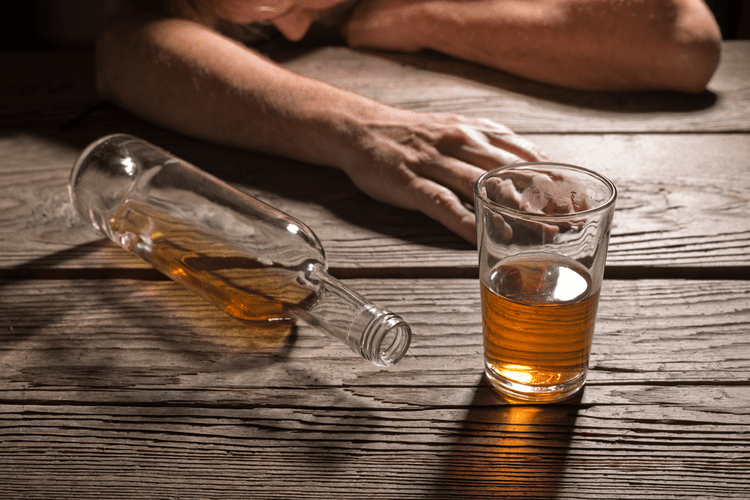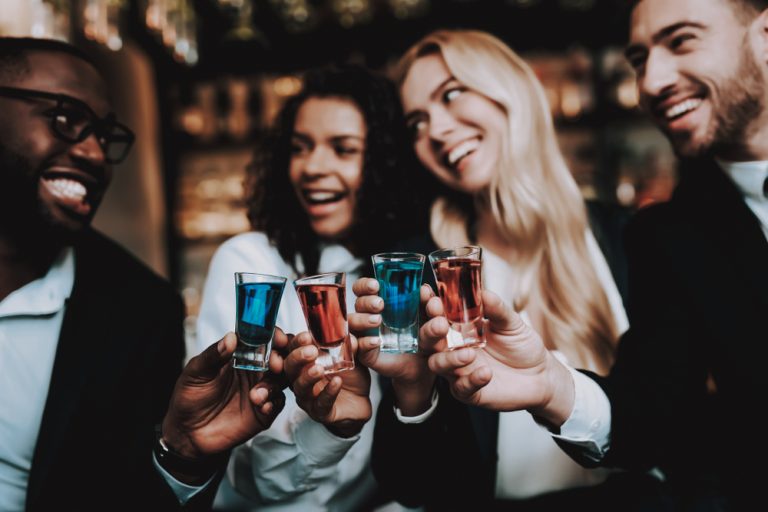Being Drunk and High: What Happens to Your Mind and Body?
Factors such as body weight, gender, genetics, and alcohol tolerance all play a role in how quickly someone becomes drunk. Drinking on what does being drunk feel like an empty stomach or consuming alcohol rapidly can also lead to faster intoxication. When someone experiences alcohol poisoning, their body becomes overwhelmed by the amount of alcohol in their system.
Side Effects of Getting Drunk vs High

Alcohol has many sensations which include everything from a pleasant buzz to dizziness and impaired coordination. Understanding the symptoms of being drunk is key to knowing your limits. We’ll walk through the physical signs, how alcohol impacts your motor skills, and even cover the well-known 7 stages of drunk so you know exactly what to expect. When it comes to the levels of intoxication, several factors play a role in determining how alcohol affects an individual. Understanding these factors can help shed light on the different intensities of being drunk. Three key factors that influence intoxication levels are the rate of alcohol consumption, body weight and metabolism, and tolerance and sensitivity to alcohol.
What are the legal implications of alcohol intoxication?
- Mentally and emotionally, alcohol impairs judgment and memory, diminishes problem-solving abilities, and disrupts neurotransmitter activity.
- If you have a habit of drinking every day, then try to limit yourself to one of two standard drinks per day.
- In some instances, intoxication can impact an individual’s legal responsibility, but it does not usually serve as a complete defense for criminal acts.
- Loss of consciousness from alcohol can lead to a variety of dangers, including choking on vomit, falls resulting in injuries, or even alcohol poisoning.
Conversation may flow more easily, inhibitions may further decrease, and individuals may feel a sense of confidence and well-being. Alcohol is absorbed through the stomach lining and into the bloodstream. If you quickly drink too much alcohol, your body won’t have much time to metabolize the substance, causing you to get drunk. Cultural attitudes towards drinking can shape how individuals perceive and engage in alcohol consumption, influencing drinking patterns and social norms. Frequent drinking can lead to long-term psychological effects such as depression, anxiety, and increased risk of developing alcohol dependence. Alcohol has a significant impact on the prefrontal cortex, the part of your brain responsible for rational thought, decision-making, and impulse control.
Stage 1: Sobriety
- Playing around with neurotransmitters, alcohol makes the body feel relaxed and sleepy, and finally, we arrive at a stage where brain activity is completely impeded.
- You’ll start to feel significantly confused and may need help to walk or stand.
- Alcohol significantly impairs judgment and decision-making abilities.
The release of these endorphins is focused within the portion of the brain that influences addiction. If alcohol is consumed in large enough quantities, or for long periods of time, those feel-good responses trigger feelings of pleasure and reward. The reward center in the brain alcoholism is also activated when users drink to minimize negative withdrawal effects. The brain is trained to depend on alcohol for the production of those feel-good endorphins.

How Alcohol Affects Your Mind and Mood

They provide referrals to local treatment facilities, support groups, and community-based organizations. Excessive drinking can lead to alcohol poisoning, a serious and potentially life-threatening condition. Symptoms of alcohol poisoning include confusion, vomiting, seizures, slow breathing, and unconsciousness. Immediate medical attention is necessary to prevent fatal outcomes. It’s common to reach for a drink after a long day, hoping to take the edge off or numb difficult emotions. That initial sip might bring a temporary sense of relief, but this feeling is often short-lived.
